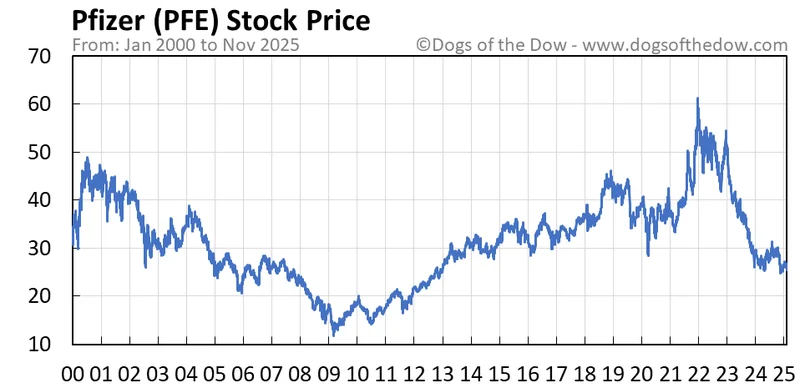Forget screens. Forget keyboards. Forget the clunky interfaces that still tether us to our machines. What if I told you the next leap isn't just faster or smarter, but fundamentally different? We're on the cusp of an era I'm calling "Symbiotic Intelligence," and frankly, when I first started piecing together the implications, I honestly just sat back in my chair, speechless. This isn't just about neural links, though they're a piece of the puzzle; it's about a cognitive weave, a seamless integration where our biological thought patterns and advanced AI algorithms don't just communicate, but co-create, anticipating our needs, completing our thoughts, and augmenting our very capacity for understanding and innovation at a speed that is just staggering—it means the gap between today and tomorrow is closing faster than we can even comprehend.
Think of it like this: right now, you use a hammer to build. Symbiotic Intelligence is like having the knowledge of a master carpenter, the strength of a machine, and the intuition of an artist all fused directly into your creative process, without a single conscious command. It's not just an assistant; it's a partner that learns with you, evolving based on your unique cognitive fingerprint. In simpler terms, it's about moving from 'human using AI' to 'human plus AI' as a single, enhanced cognitive entity. Imagine what this means for us. What could it mean for you? For your work, your art, your ability to solve problems that seem insurmountable today?
This isn't just another app update; this is a paradigm shift on the scale of the printing press, maybe even bigger. Before Gutenberg, knowledge was hoarded, painstakingly copied, accessible only to a select few. The printing press democratized information, sparking the Renaissance and scientific revolution. Symbiotic Intelligence could do the same for cognition. It could democratize genius, amplify creativity, and unlock human potential in ways we can barely fathom. We’re talking about a future where learning isn't just memorization, but intuitive absorption; where complex data isn't just processed, but understood at a visceral level.

I saw a comment on a forum the other day, someone said, "Imagine what a breakthrough scientist could achieve if their entire research library, every paper, every experiment, every theoretical possibility, was intuitively accessible, not just searchable, but cognitively integrated." That's the hopeful spark I see everywhere. People get it. They understand that this isn't about replacing us; it's about elevating us. It's about taking the unique human capacity for empathy, creativity, and intuition, and giving it superpowers. What kind of art will we create when our tools are extensions of our very thoughts? What diseases will we cure when medical knowledge is not just at our fingertips, but woven into our diagnostic process? We're talking about a future where the limitations of individual human processing power become a relic of the past.
Of course, with such profound power comes profound responsibility. We're talking about merging minds, in a sense. The ethical frameworks, the questions of data privacy, of identity, even of what it means to be human in a post-symbiotic world – these aren't just academic debates anymore. They're immediate, pressing challenges we must address with foresight and wisdom. How do we ensure equity in access? How do we prevent cognitive biases from being amplified, or perhaps even engineered? These are not small questions, and they demand our attention right now, before the technology outpaces our moral compass. We have to build this future consciously, with human flourishing at its absolute core.
The vision is clear, though the path ahead has its twists and turns. We're moving towards a world where technology doesn't just serve us, but truly augments us, making us more capable, more creative, more connected than ever before. It’s an exciting, terrifying, and utterly inevitable journey. Are you ready to step beyond the screen? Because the future isn't just coming; it's already beginning to weave itself into the fabric of our minds.
This isn't science fiction anymore; it's the next great human adventure. We're not just building smarter machines; we're building a smarter us. And honestly, the potential for human achievement has never felt so limitless.